July 27 2023
In July, I had the chance to attend the 26th Computer Vision Summer School (CVSS) organized by the British Machine Vision Association (BMVA), which was an intense week of lectures and training sessions from the most active research groups in this field covering a wide range of popular topics. It was held at the University of East Anglia, Norwich, UK, between the 10th and 14th of July 2023. Like many other adventures that often unfold differently than the original expectation, this one is slightly different from my original intention but tends to be fruitful eventually. It all started with a conversation between me and my supervisor earlier in March, talking about the computer vision part of my work.
My supervisor: “I know there are some good summer schools for early-stage researchers. I will copy you the link.”
Me: “Yeah, that would be great.” (Checking my email when I returned office, then realizing there were only a few days left before the deadline of the ICCVS 2023, a summer school held by the ICCV in Sicily this year. As places for these activities are competition based, it is just too late to apply.)
As a result, my supervisor found this alternative option from his research network and this is basically how the story begins.
As a first-time traveller to another part of the country for research purposes, the prospect of leaving Bath after a prolonged stay stirred a mixture of emotions within me—excitement and anxiety entwined. However, my journey eventually led me to the city of Norwich, which instantly captivated me with its beauty and liveliness. Despite the time constraints, I felt relieved as I managed to get my poster printed on time. Once the last-minute hurdle was overcome, I eagerly embarked on my journey to the University of East Anglia (UEA), where the summer school would take place.
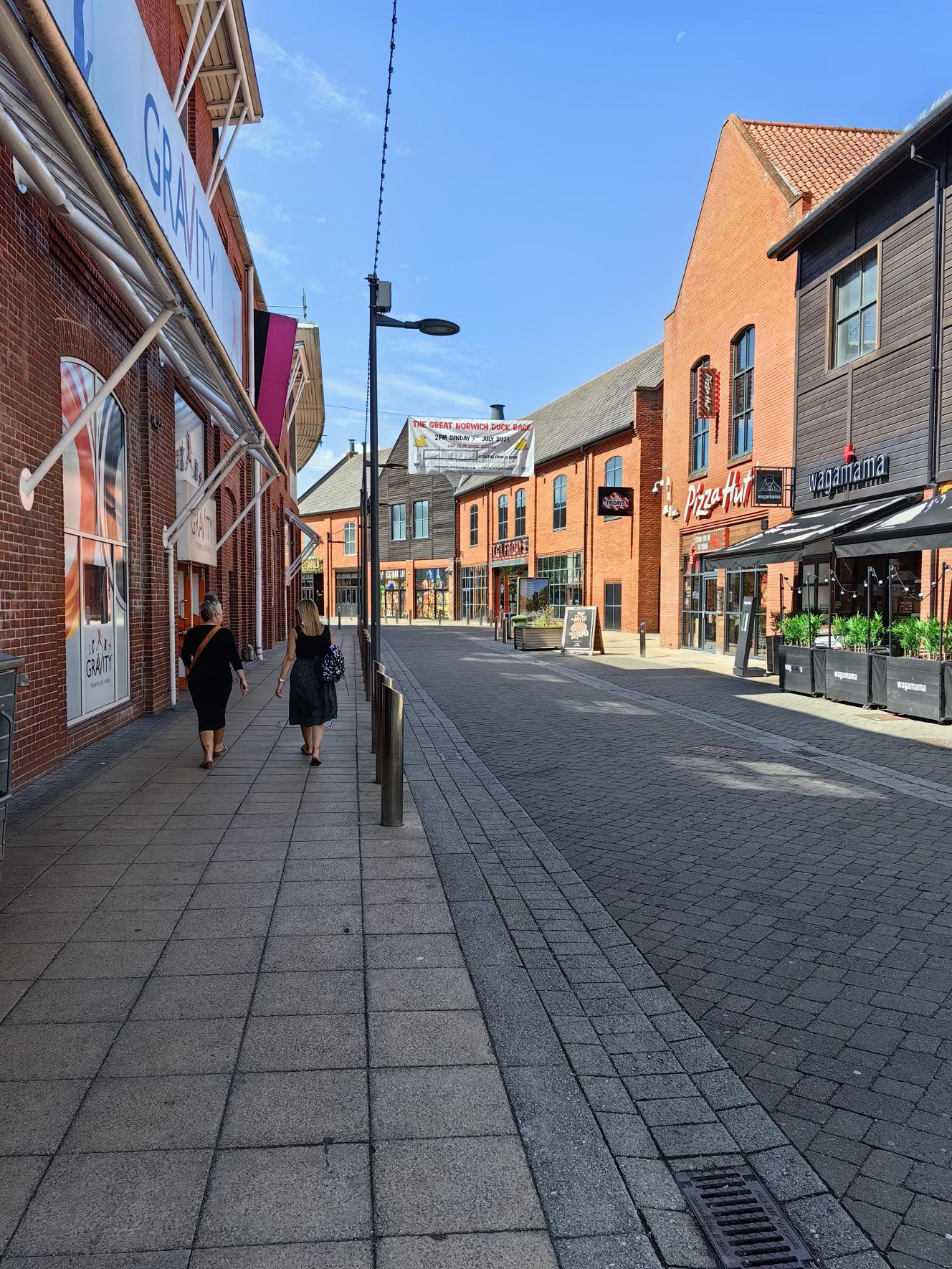
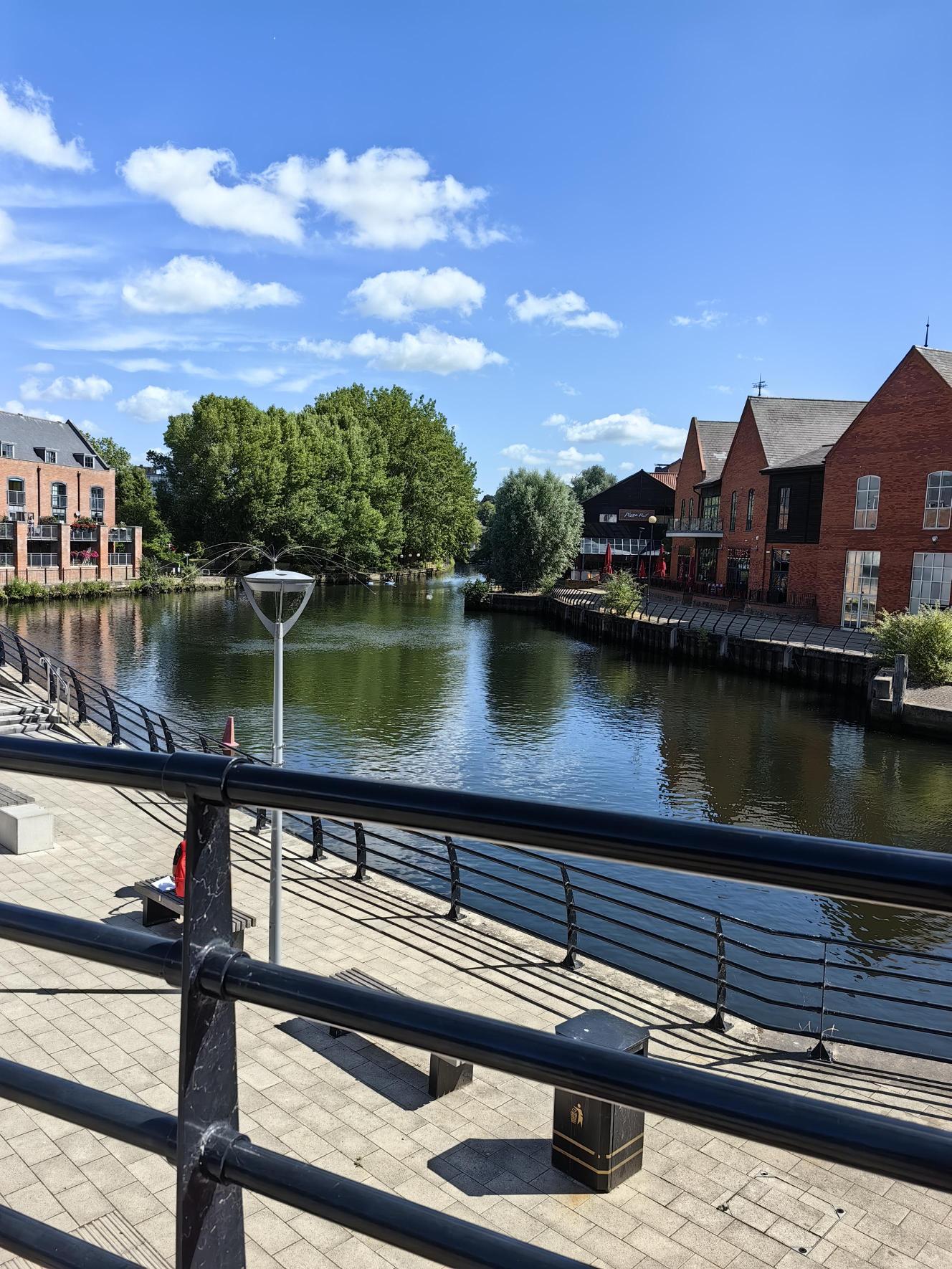
Street views of Norwich, home of the UEA.
The UEA has a massive campus which is far bigger than I expected. Therefore, it took me a while to find accommodation, where I also met my first friend, Simon, a PhD researcher from the University of Southampton. When I look back, I am still grateful for his joining simply because it seems to be much easier to grow your network once you have met your first friend in such socials, and this is the case. The number of people around us kept increasing in the next few days, from 4 after registration, then 7 after the first day, and then gradually became more than 10. After a warm welcome from the organizers, two excellent lectures were given on image segmentation and cognitive vision. At the end of the first day, the poster session was another highlight, which offered a perfect opportunity for every attendee to get to know each other quickly and share their knowledge. Personally, I was impressed by the rapid development of computer vision especially in the last three years and it was indeed a pleasure to talk to people with a similar level of understanding. Unlike myself who comes from an engineering background, most of the people there are computer scientists, allowing me to observe the trend in terms of recent developments at the theoretical level.

Me registering at the Thomas Plane Study Centre, taken by one of the organisers.
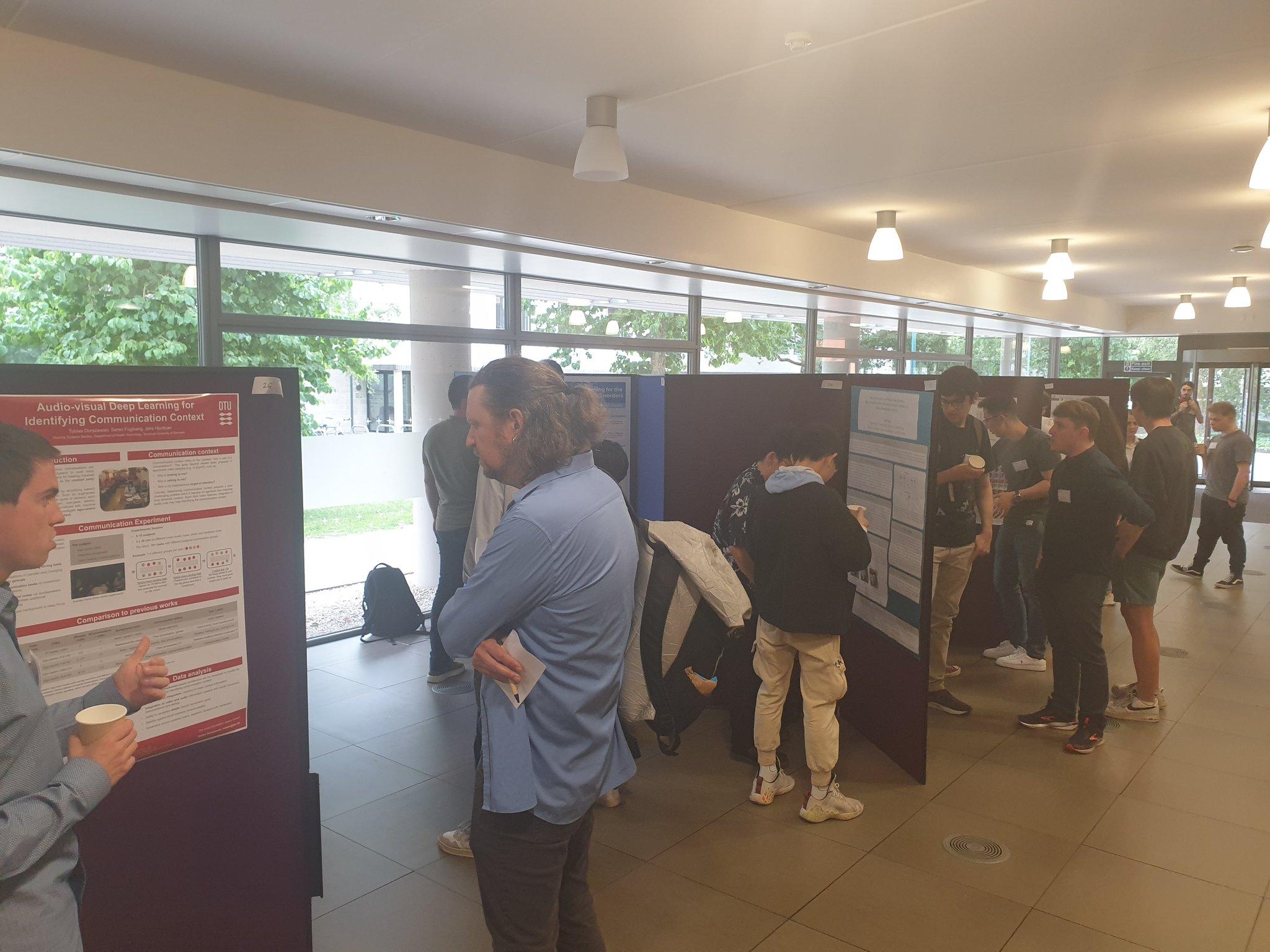
Poster session.
As one could imagine, it was a non-stopping week from 9 to 5 plus socials in the evening every day and I felt a bit overwhelmed sometimes, but it is definitely worth the time. It would be too wordy to describe everything that happened in the whole week, so I will just summarise it in my own words. Those lectures cover a wide range of highly sophisticated computer vision tasks, some of them are classic such as image segmentation, stereo vision, and 3D reconstruction and rendering, while others are relatively new like multi-object trajectory forecasting, large language models (LLM), and egocentric vision. Besides, some state-of-the-art techniques that are widely adopted in this field are also explained, for example, shape descriptors, recent deep learning models, and the mysterious self-supervised learning. It is worth noting that though some of you may be familiar with these terminologies, this summer school is not for beginners in computer vision. It means these contents either come from the latest papers from the top conferences such as CVPR and ICCV (and the speaker is one of the authors in most cases) or ongoing projects they are currently doing, which also means it could not be found elsewhere. I did find these talks highly insightful and overwhelming sometimes as I already mentioned because of the huge amount of information. Though some of the latest work is still in the experimental stage and therefore not practical enough mainly for model complexity and limited accuracy, they do give me plenty of interesting inspirations for me to try in my own research. More importantly, I would never realise how far I have been left behind considering my focus was on engineering solely in recent years without attending this event. Anyway, I have a bunch of acronyms written down in my notebook now such as vision transformer and diffusion model, and hopefully, it won’t take too long for me to catch up with the major trend again.
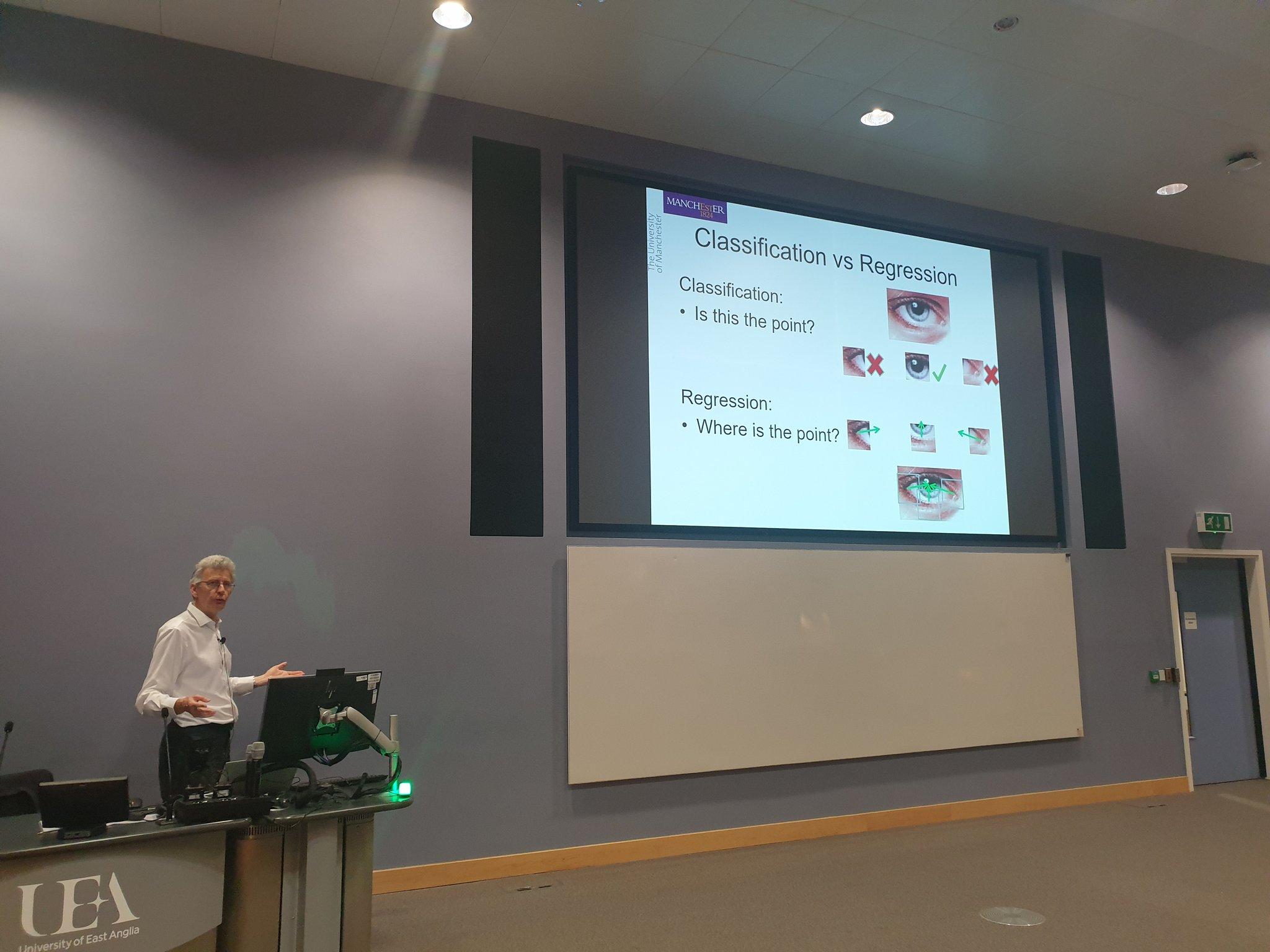
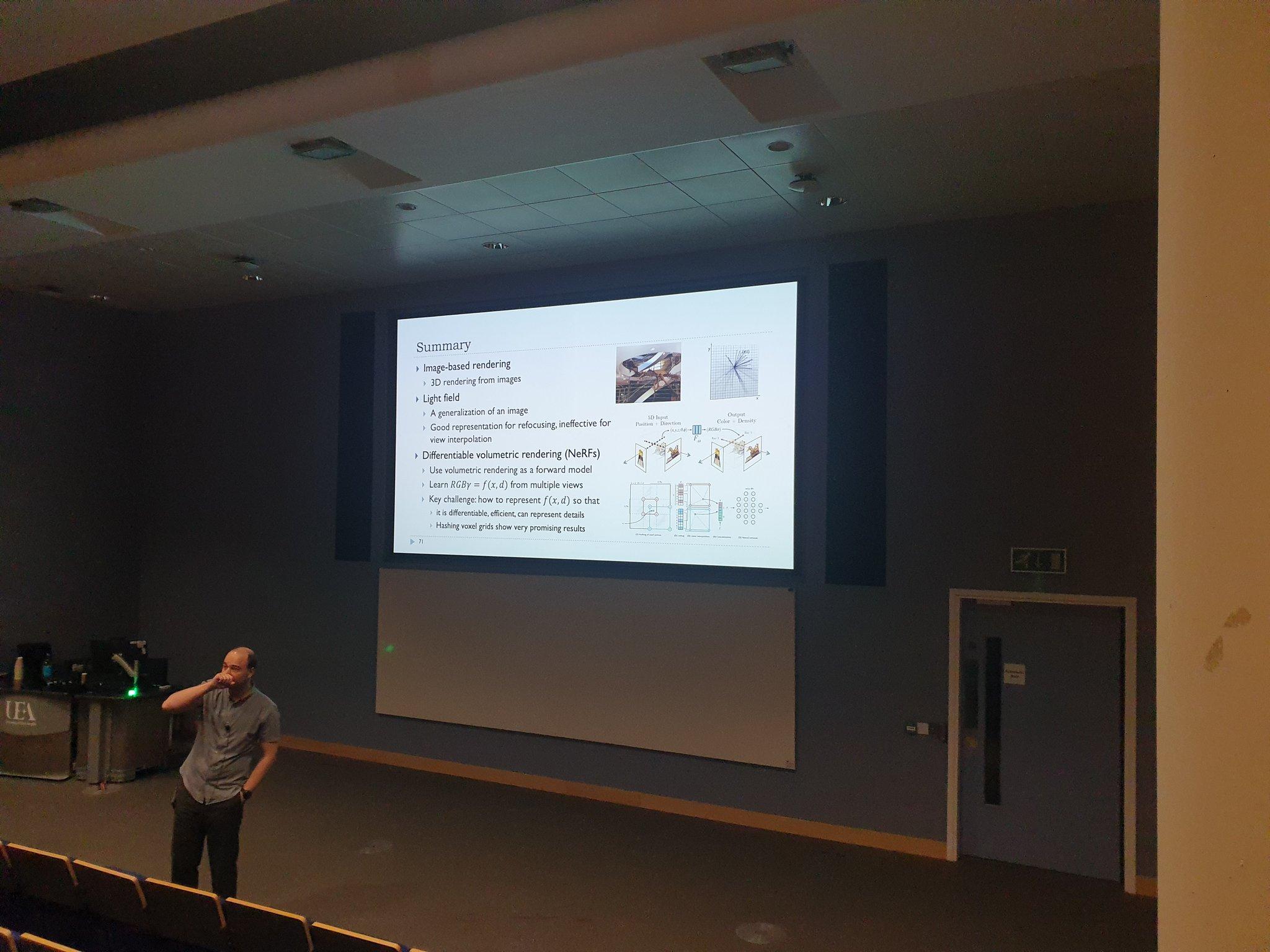
Some lectures from the invited speakers.
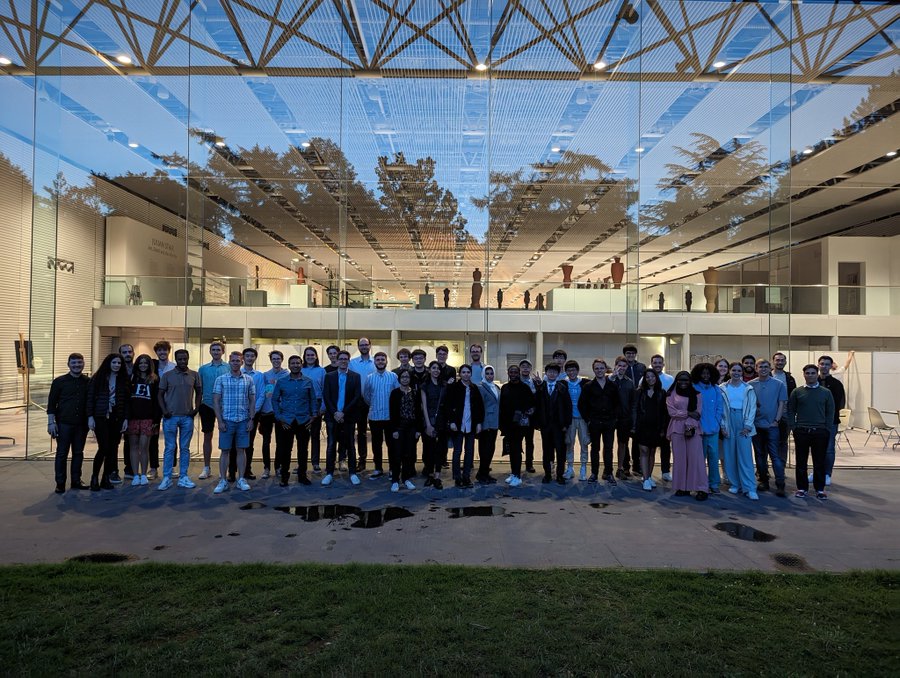
Group photo of the 26th BMVA CVSS.
To wrap up this highly successful and mind-blowing week at the 26th BMVA Computer Vision Summer School, the key takeaway message can be summed up by a classic quote: "Be curious, not judgmental." Undertaking a PhD or any research endeavour can be tough and sometimes daunting, often leading to moments of feeling stuck or uncertain. It is during these moments that we must remind ourselves of the vast reservoir of clever minds around the world. Embracing an open-minded approach allows us to step outside our comfort zones, seeking inspiration and insights from others. So, the next time you find yourself struggling with a problem, take a leap of curiosity and venture beyond the boundaries of your immediate research. Attend conferences, workshops, and summer schools like this one, where cutting-edge insights and diverse perspectives converge. Hope it will bring you the passion towards your research back and give you some useful inspirations!

28 February 2024

18 January 2024
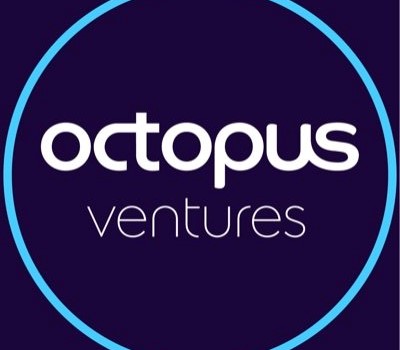
29 November 2023
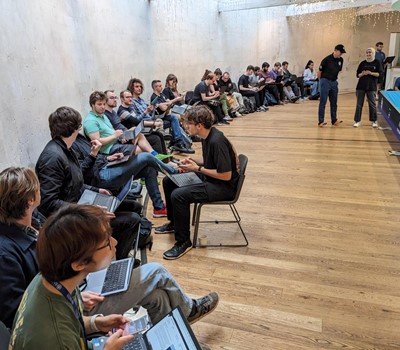
13 November 2023
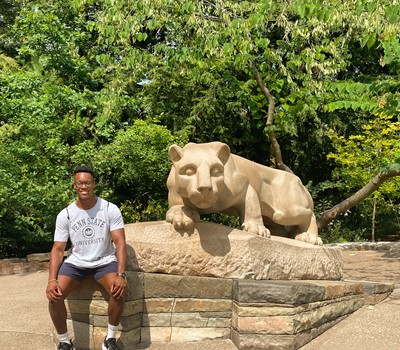
© Copyright 2024 AAPS CDT, Centre for Doctoral Training in Advanced Automotive Propulsion Systems at the University of Bath